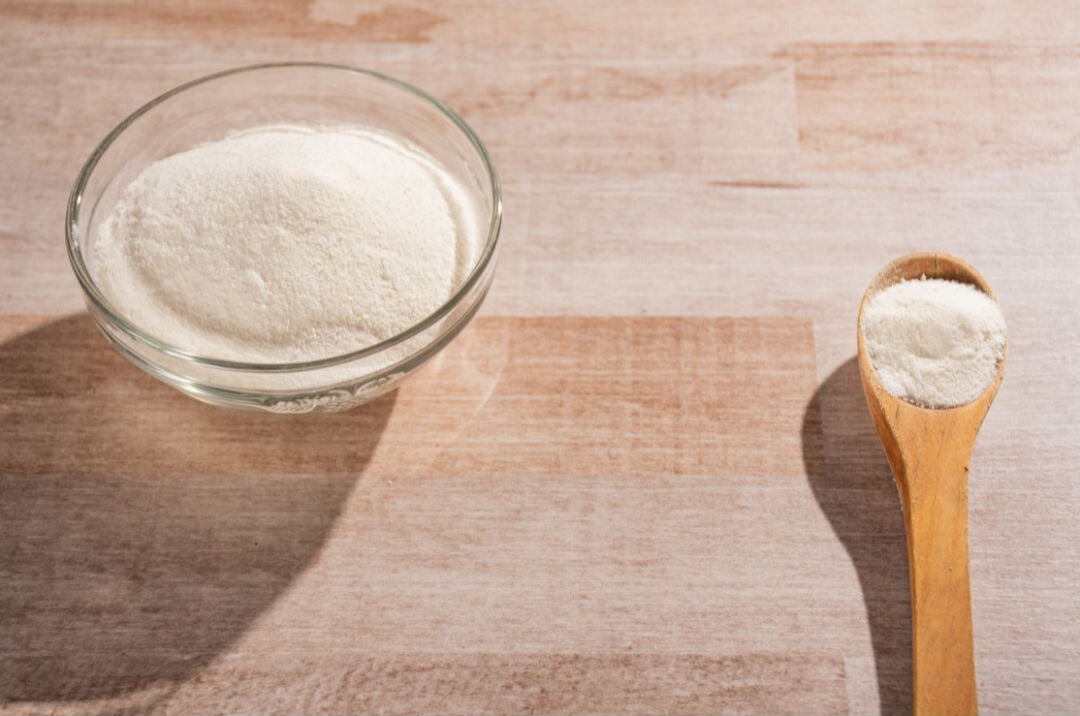
WHEY PROTEIN VS COLLAGEN PEPTIDES: UNDERSTANDING THE DIFFERENCES

DIFFERENT AMINO ACID COMPOSITION
Collagen protein is crucial in maintaining strong muscles and supporting their proper function. While whey and collagen proteins are both a source of essential amino acids, their composition is slightly different. Collagen is higher in the amino acids glycine and proline, while whey protein is higher in tryptophan, valine, and leucine. These differences are key to understanding how each protein may benefit the body [3].
FUNCTIONALITY: WHEY FOR MUSCLE GROWTH, COLLAGEN FOR MAINTENANCE OF CONNECTIVE TISSUE AND MUSCULAR RECOVERY
Whey Protein and Muscle Growth
Whey protein is well-known for its role in muscle production. It contains a high amount of branched-chain amino acids, such as leucine, which positively affect muscle mass. The primary function of whey is to support muscle growth and recovery, making it a favourite among those looking to build and maintain muscle [1].Collagen Peptides and Connective Tissue
Collagen is mostly associated with its beneficial properties for connective tissue—tendons, ligaments, cartilage, bones, and skin—and the digestive process. However, it has also been demonstrated to be of value when it comes to promoting muscle mass. Research suggests that collagen may enhance the synthesis of muscle proteins like creatine, contributing to muscle growth post-exercise [9]. Plus, collagen positively affects fat-free body mass by promoting the remodelling process of connective tissue.
Furthermore, a study found that older females consuming the recommended daily amount of protein, with collagen making up about half of the total protein intake, preserved lean body mass and maintained nitrogen balance. In contrast, those consuming a similar quantity of just whey protein experienced a loss in body weight with no change in body fat (potentially indicating a decline in lean body mass). These results indicate collagen's potential to support muscle health, even as the body ages [5].
All of this is supported by the findings of a different study where it was pointed out that collagen-specific peptides can offset disease-induced muscle wasting, inhibit age-related muscle oxidative decline and promote muscle hypertrophy [3].

CAN YOU REPLACE WHEY PROTEIN WITH COLLAGEN OR VICEVERSA?
While both supplements can be valuable for increasing your total protein intake and encouraging muscle mass, exploring their distinct amino acid compositions unveils specific advantages. Collagen, distinguished by its elevated glycine content, supports digestion—a benefit not given to whey protein. Moreover, collagen offers targeted benefits for skin, hair, and connective tissue, setting it apart from whey protein [6]. Understanding these differences is essential to fine-tune your choices in line with specific health goals.
BLENDING WHEY AND COLLAGEN: PERFORMANCE AND RECOVERY
Protein supplementation is common among athletes, with whey protein being a popular choice. Blending different protein sources, like whey and collagen, can offer unique advantages. Collagen peptides are recognised for their positive effects on mobility and post-exercise recovery. A study comparing daily consumption of whey and a blend of whey with collagen peptides shows that both strategies can positively impact performance and recovery. Still, collagen can boost the benefits when it comes to connective tissue—including tendons, ligaments, skin, cartilage—and digestion, maintaining joint health while boosting muscle growth and recovery [6].

EFFECT OF MIXING WHEY PROTEIN AND COLLAGEN FOR DIGESTION
Concerns regarding potential digestive discomfort often accompany the use of any dietary supplement. Collagen, far from causing digestive distress, actually contributes to alleviating it. Therefore, research suggests that incorporating a blend of protein sources, such as whey and collagen, can diminish the likelihood of developing stomach issues. Additionally, collagen can be an excellent protein alternative for people with lactose intolerance [8].
IMMUNE SUPPORT: COLLAGEN AND WHEY
Both collagen and whey protein demonstrate immune-supporting properties:
● Collagen: Influences the immune system by promoting increased production of key mediators for the immune response [7].
● Whey Protein: Contains a type of molecule named immunoglobulins that defend against pathogens and viruses, supporting the immune response [2, 4].

THE BOTTOM LINE
In summary, collagen supports fat-free mass by promoting the remodelling of connective tissue, enhancing recovery time and promoting the synthesis of creatine. Whey protein is more specifically associated with muscle mass increase due to its higher proportion of specific branched chained amino acids. Research indicates that combining the two can potentiate the benefits of each supplement—muscle mass benefits mainly from whey and muscular recovery properties from collagen peptides. Additionally, collagen's improved digestibility and connective tissue support add to its appeal, and both proteins provide immune-supporting benefits. Understanding the unique strengths of whey and collagen allows individuals to tailor their protein intake to meet specific health and fitness goals.
To learn more about the benefits of FLEXIBLE collagen, go to our articles FLEXIBILITY SUPPLEMENT BENEFITS and WHICH COLLAGEN TYPE SHOULD YOU TAKE?

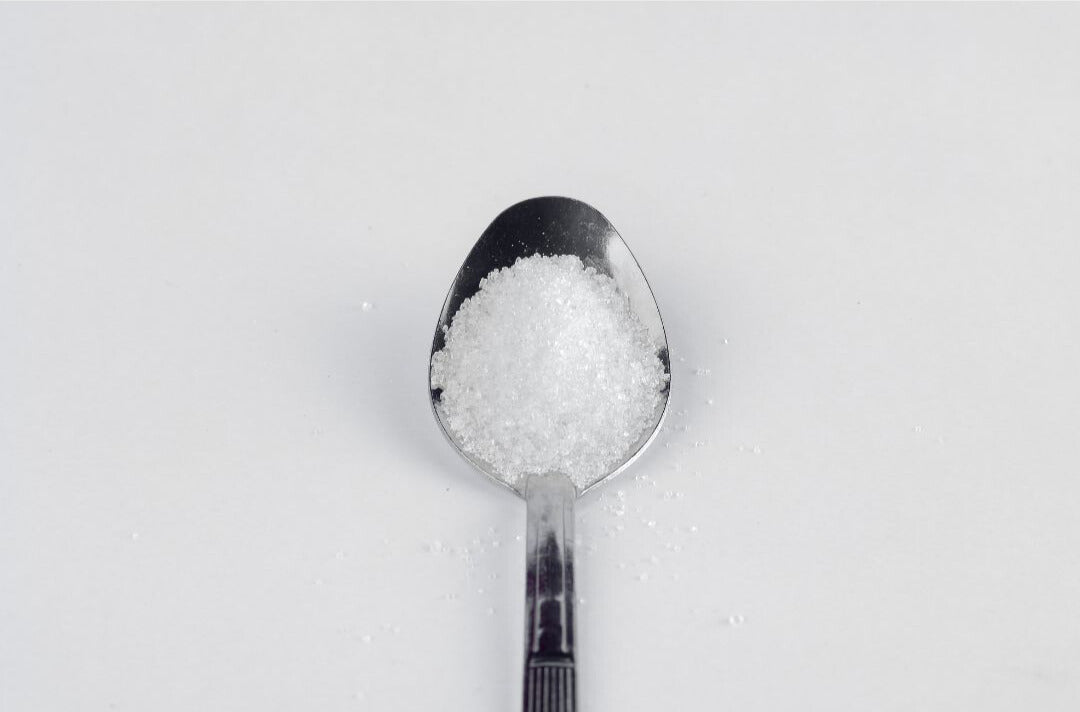
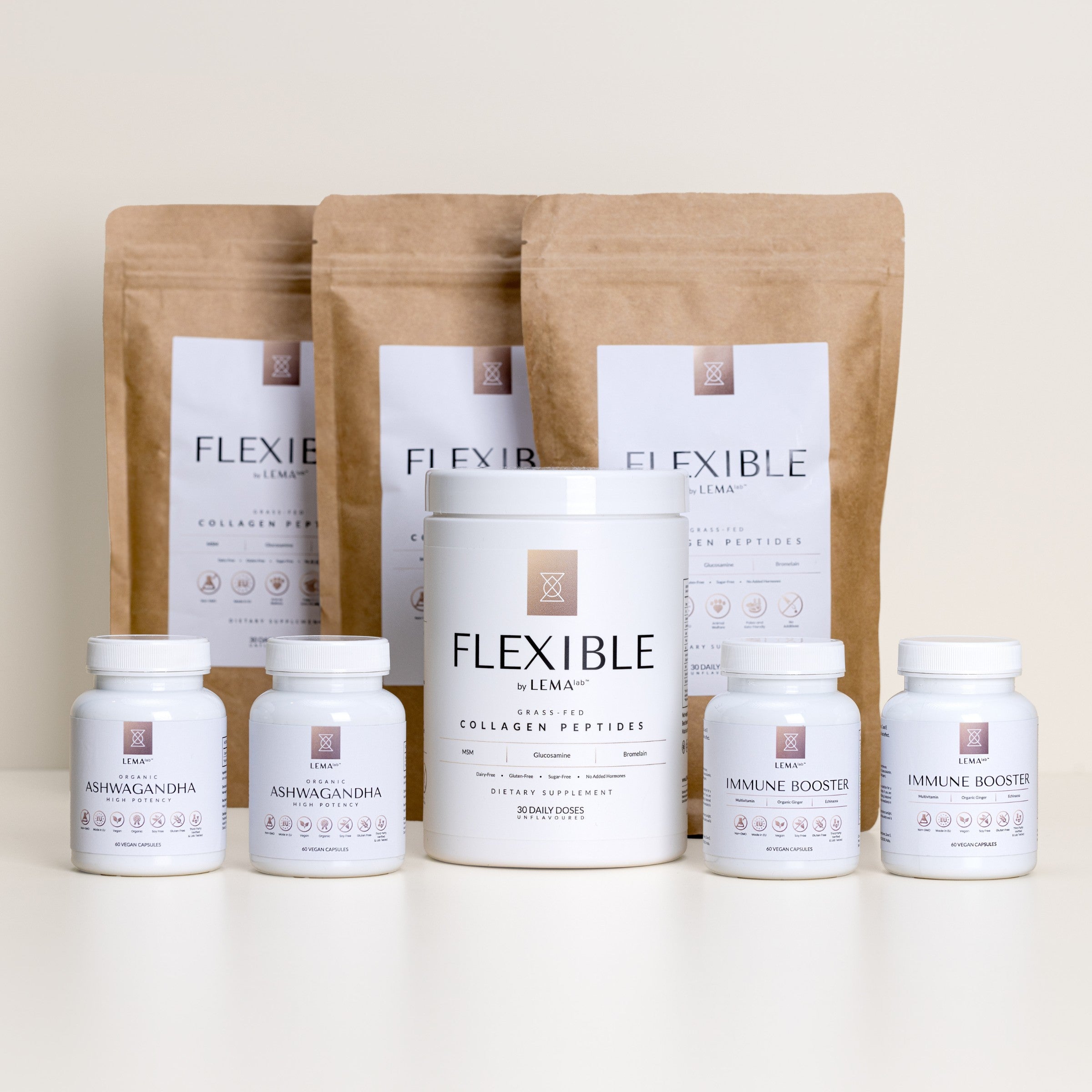
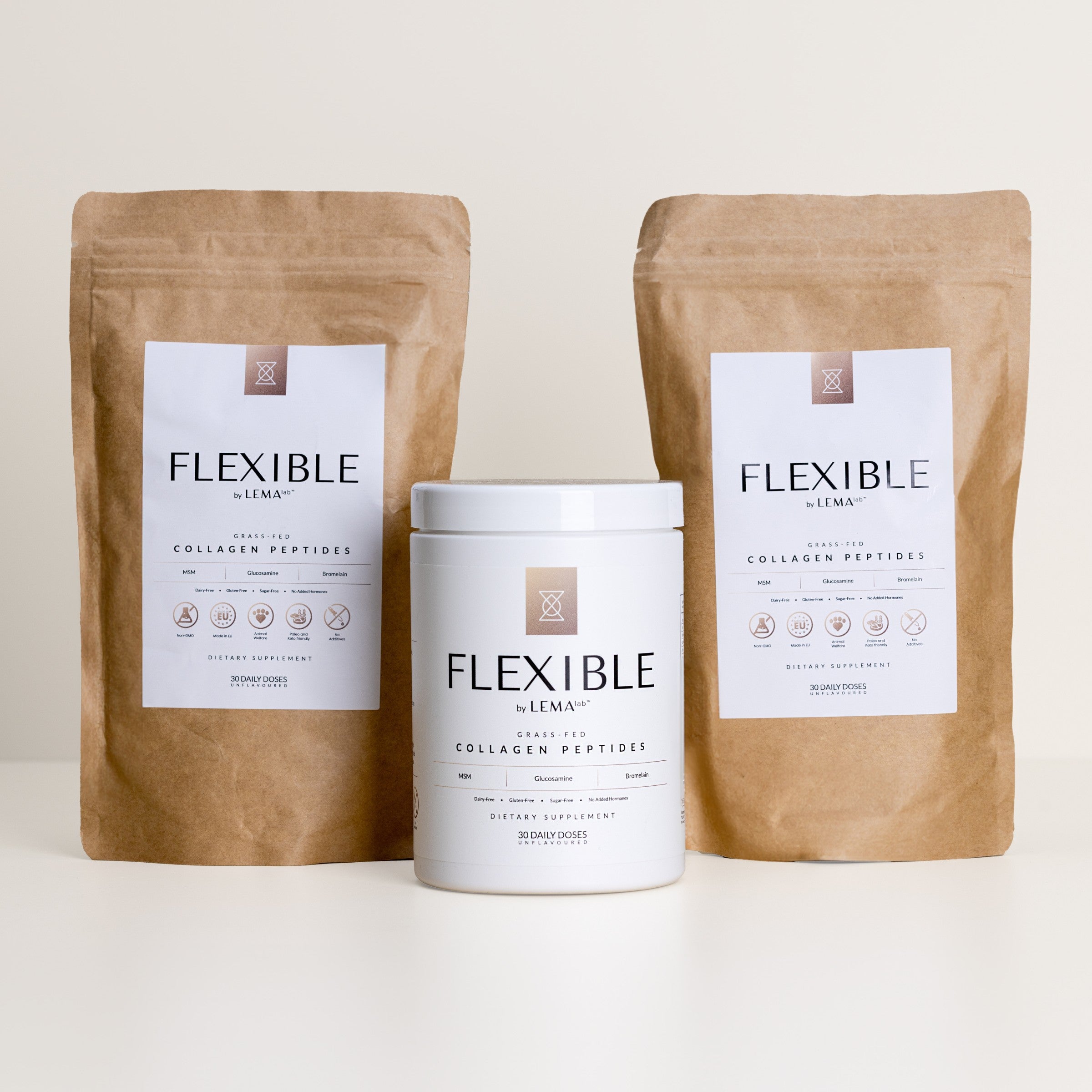

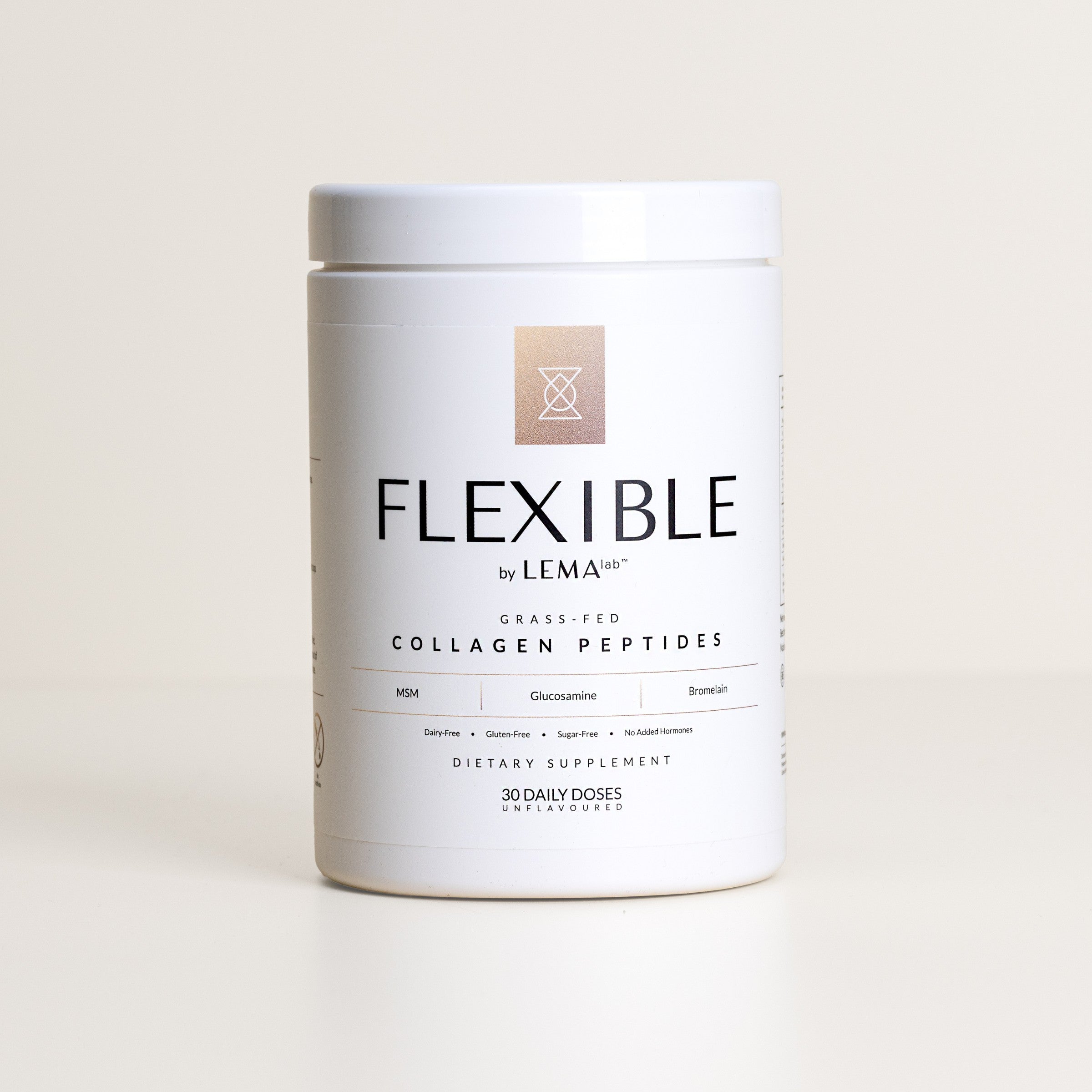
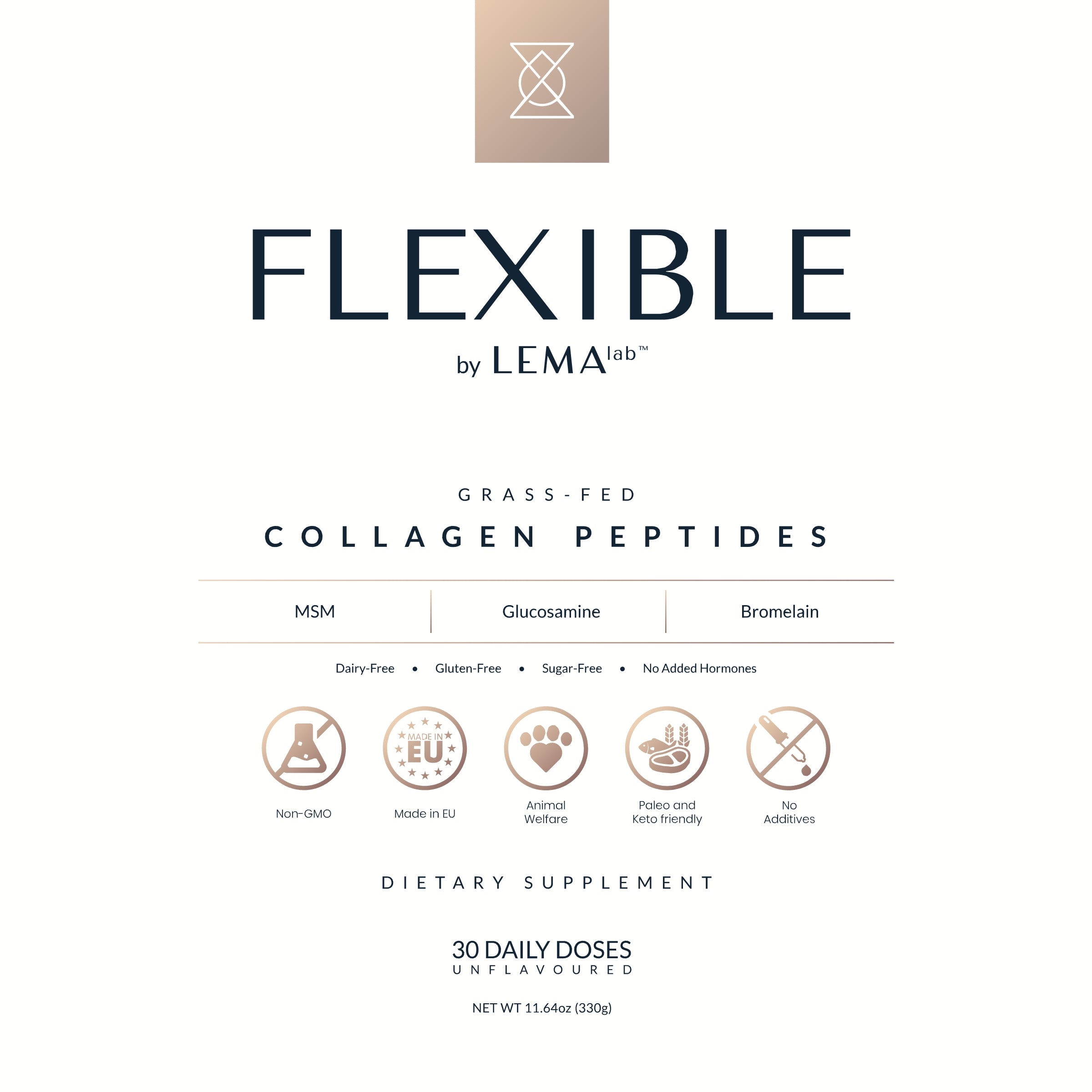
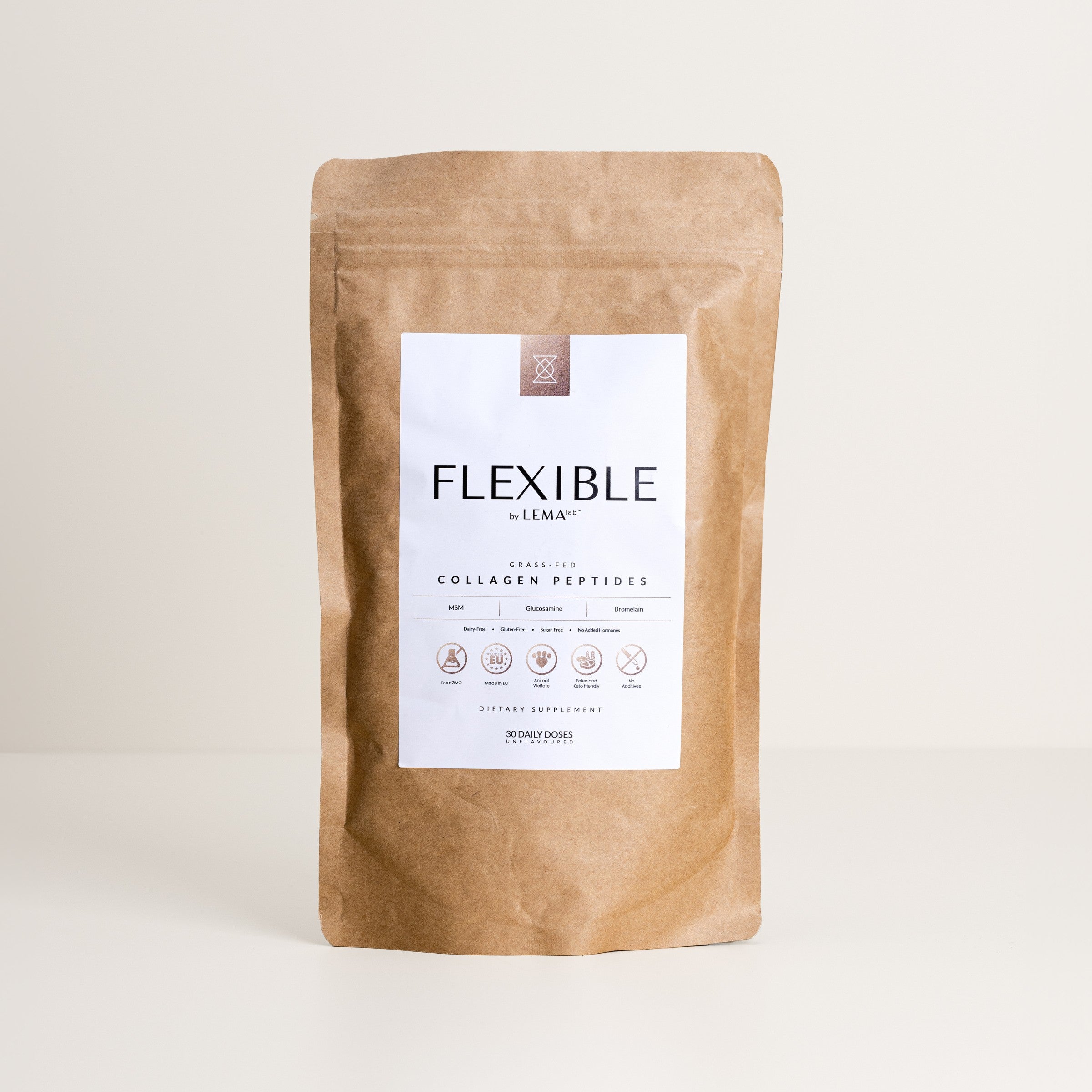
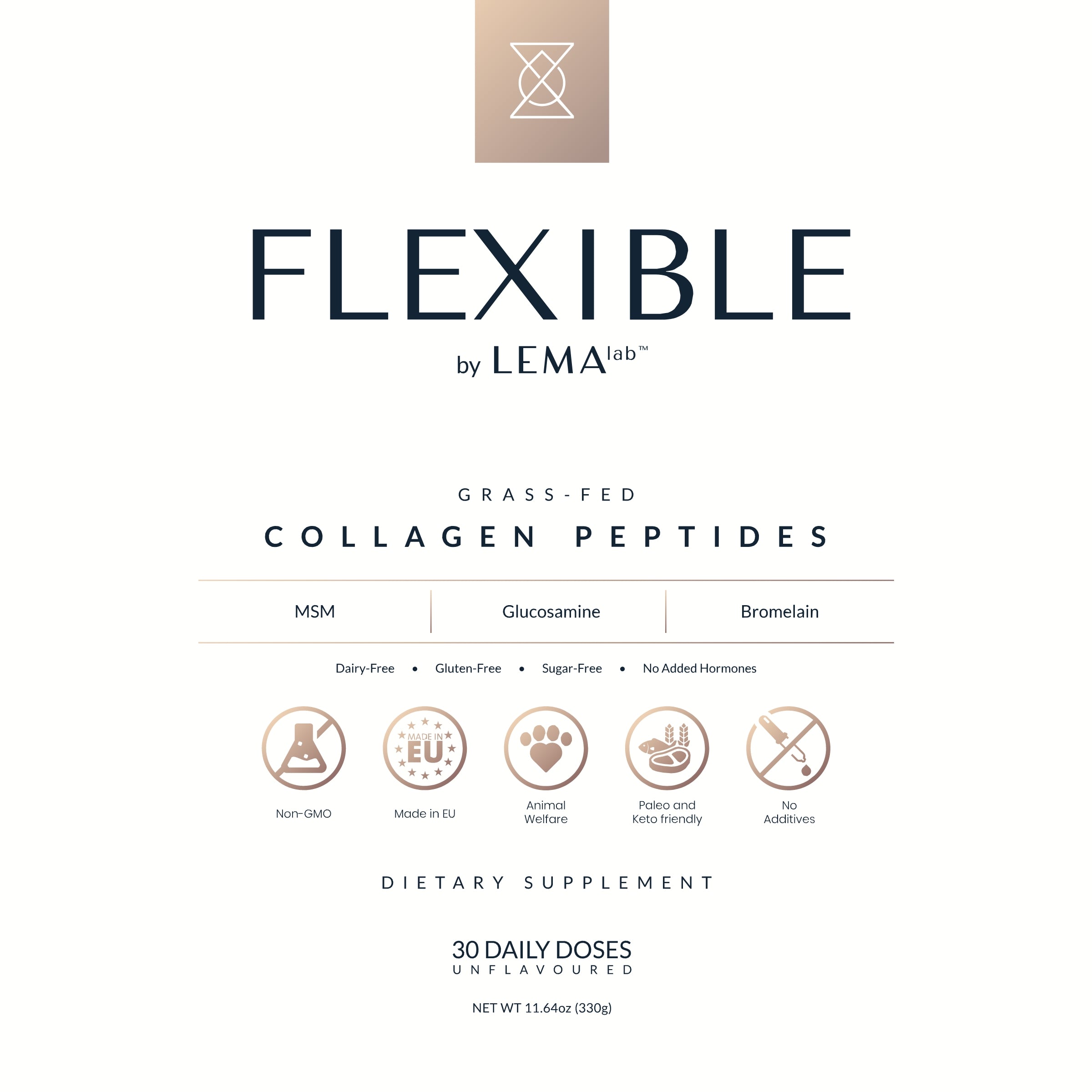
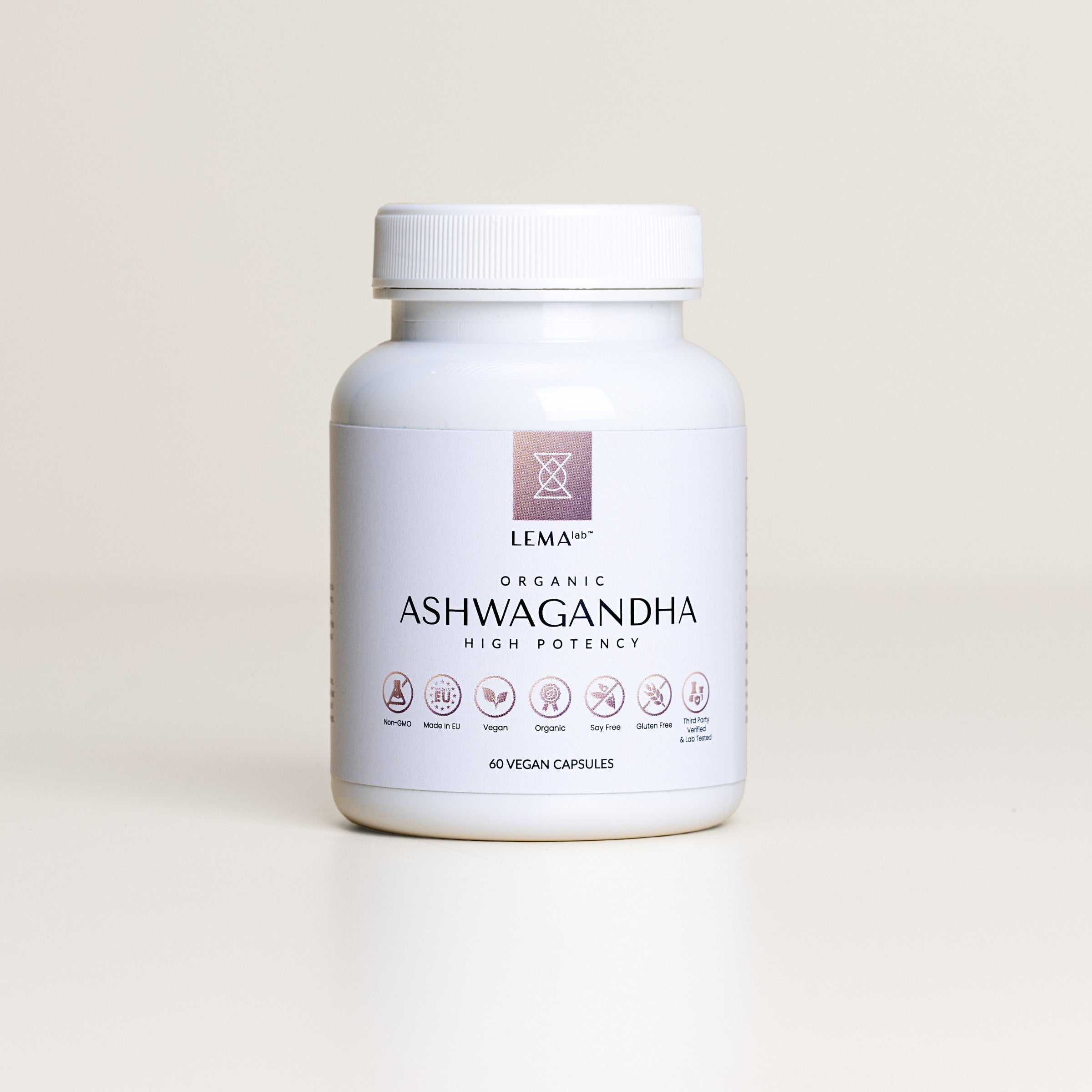
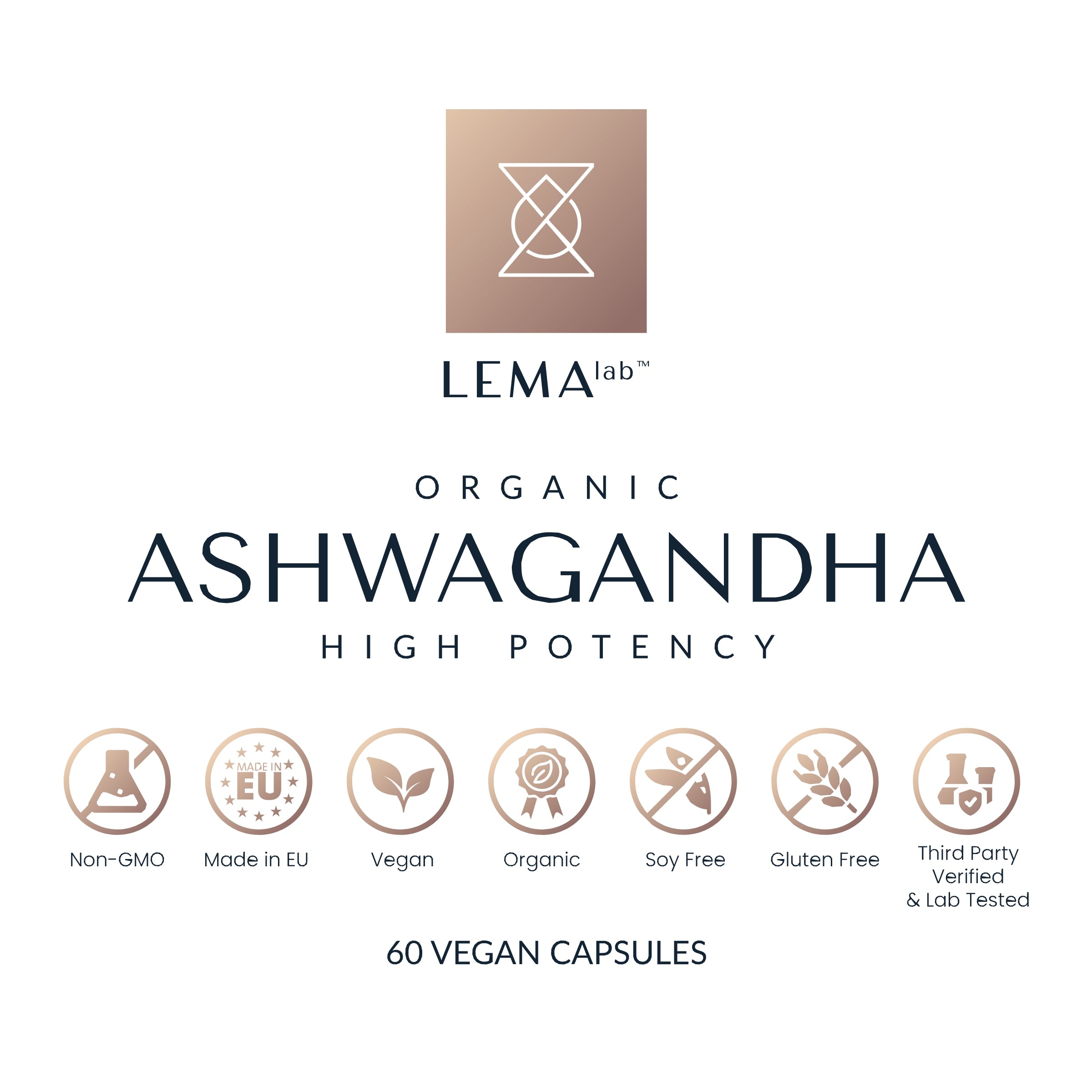
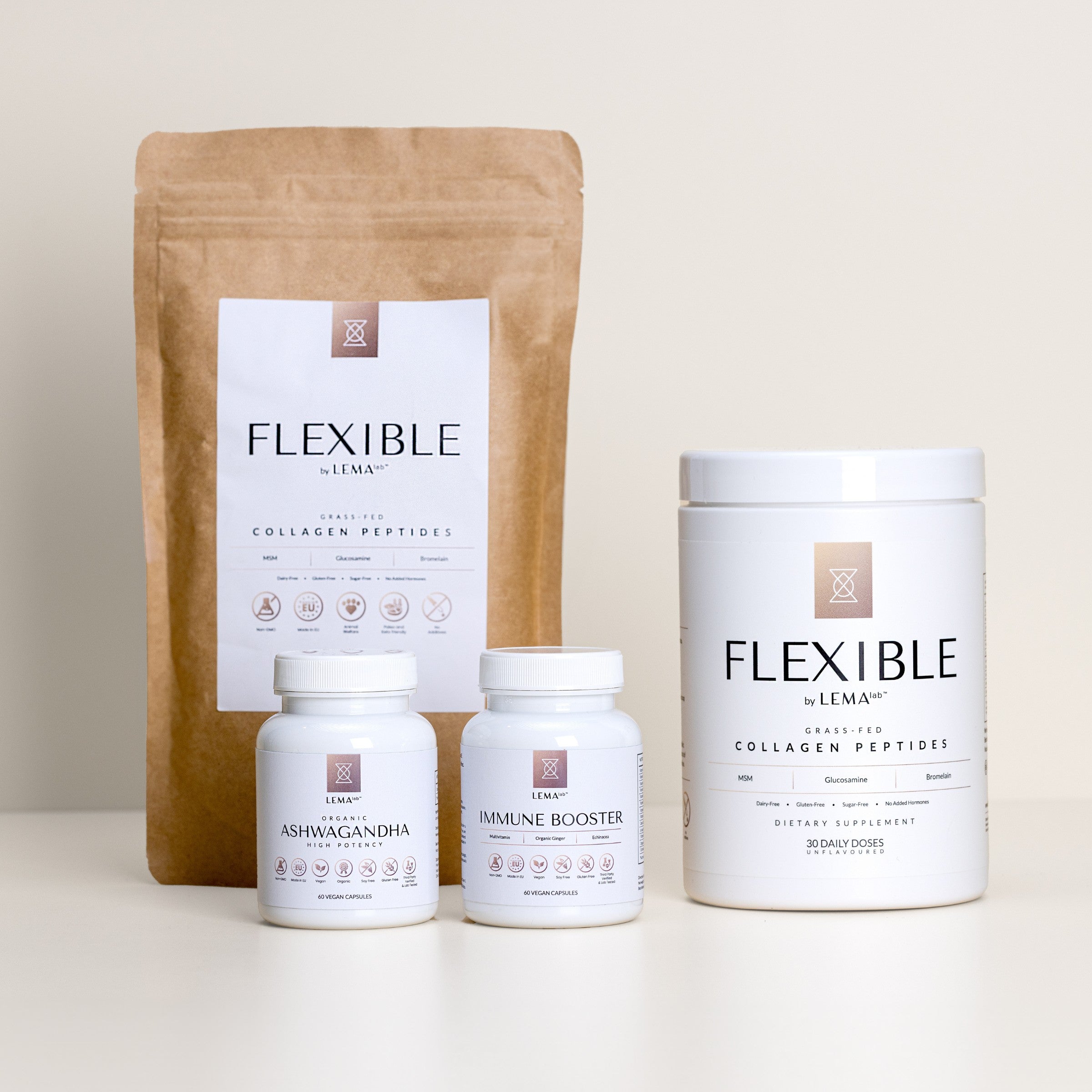
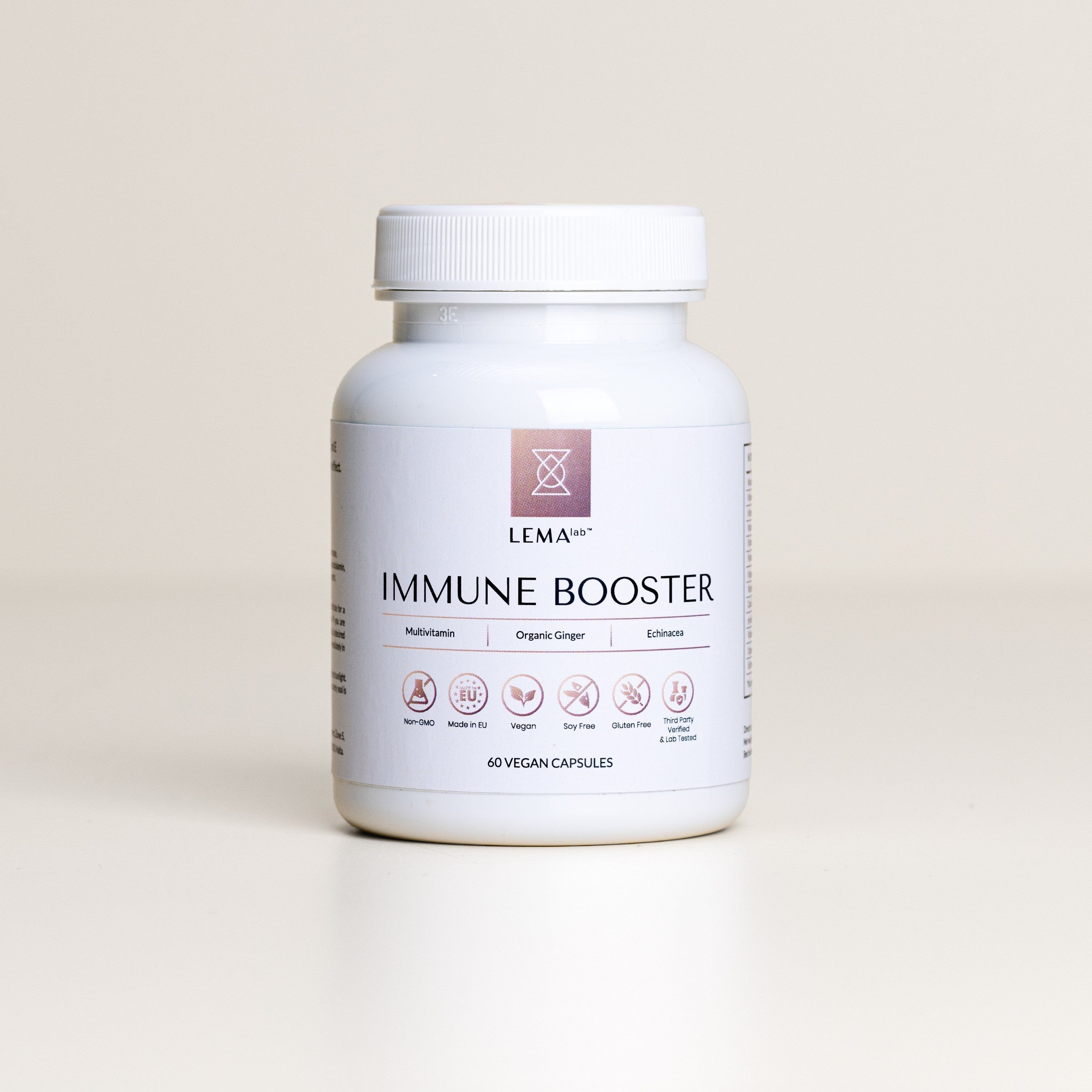
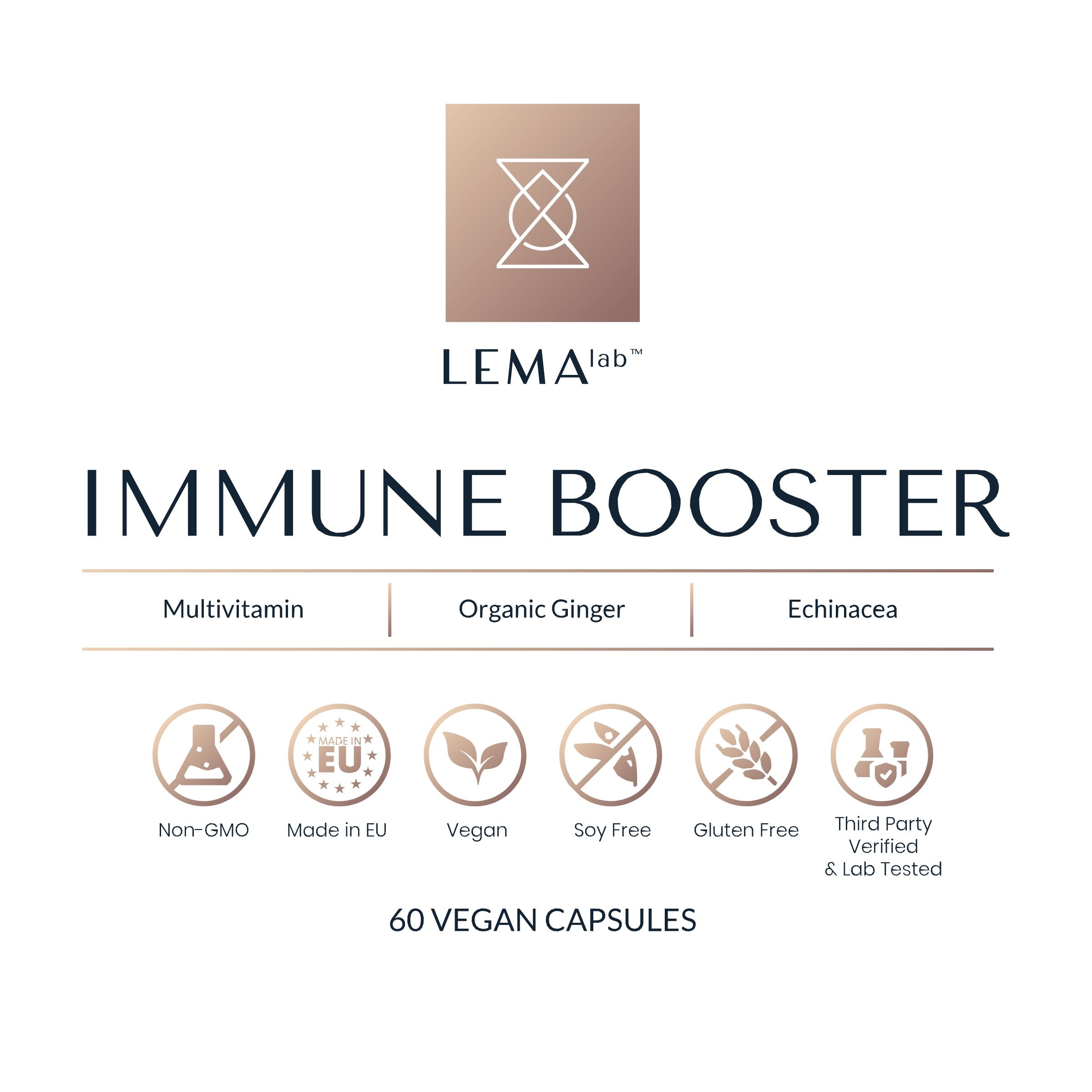
Leave a comment
This site is protected by hCaptcha and the hCaptcha Privacy Policy and Terms of Service apply.